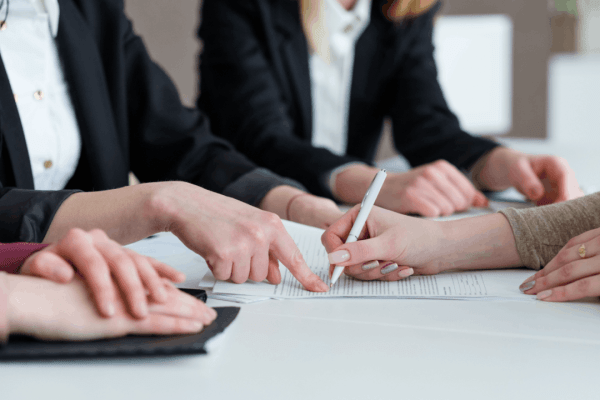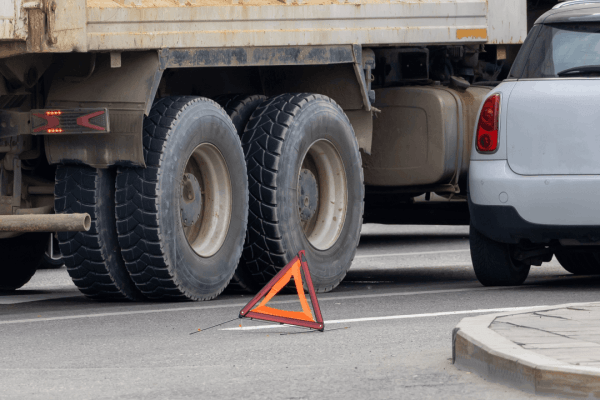
How Often Should You Expect to Hear From a Lawyer in a Personal Injury Case?
Communication Standards: How Often Should You Expect to Hear From a Lawyer in a Personal Injury Case
Understanding how often should you expect to hear from a lawyer in a personal injury case helps set realistic expectations and reduces anxiety during the legal process. Personal injury cases involve multiple phases with varying communication needs, from initial investigation through settlement negotiations or trial preparation. This guide explains typical communication patterns and helps you understand when attorney contact should increase or decrease based on case developments.
Case Phase Analysis: Communication Frequency During Different Stages
The answer to how often should you expect to hear from a lawyer in a personal injury case depends heavily on your case’s current phase. During initial case development, expect weekly or bi-weekly contact as your attorney gathers medical records, investigates the accident, and builds your claim foundation.
Settlement negotiations represent the most active communication period when considering how often should you expect to hear from a lawyer in a personal injury case. During this phase, expect contact several times per week as offers are exchanged, counteroffers are prepared, and strategic decisions require your input and approval.
Pre-Litigation Phase
Expect monthly updates during medical treatment and case development, with more frequent contact when significant developments occur or decisions require your input.
Active Negotiation Phase
Communication increases to weekly or bi-weekly contact as settlement discussions progress and your attorney needs authorization for negotiation decisions.
Trial Preparation Phase
Expect frequent communication, often weekly, as depositions are scheduled, expert witnesses are prepared, and trial strategy is developed.
Professional Standards: Attorney Communication Obligations and Best Practices
Legal ethics rules address how often should you expect to hear from a lawyer in a personal injury case through professional conduct standards. The American Bar Association (ABA) requires attorneys to keep clients reasonably informed about case status and respond promptly to requests for information. State bar associations enforce similar communication requirements with specific response timeframes.
The Federal Communications Commission (FCC) regulates attorney advertising and communication practices to ensure clients receive accurate information about legal services. Additionally, court systems often require attorneys to maintain regular client contact during active litigation proceedings.
Realistic Expectations: Balancing Communication Needs With Case Efficiency
When determining how often should you expect to hear from a lawyer in a personal injury case, consider that excessive communication can increase legal costs and reduce efficiency. Quality communication matters more than frequency, with meaningful updates providing greater value than daily check-ins with no new information.
Experienced attorneys understand that different clients have varying communication preferences. Some clients prefer detailed weekly updates, while others are satisfied with monthly progress reports unless urgent matters arise. Discuss your preferences early to establish mutually acceptable communication schedules.
Red Flag Indicators: When Communication Frequency Becomes Problematic
Understanding how often should you expect to hear from a lawyer in a personal injury case includes recognizing inadequate communication patterns. If your attorney doesn’t respond to calls or emails for weeks, fails to provide updates when promised, or seems unaware of recent case developments, these represent serious communication problems.
Communication Optimization: Maximizing Attorney-Client Information Exchange
Effective legal representation requires understanding how often should you expect to hear from a lawyer in a personal injury case while establishing clear communication protocols. The best attorney-client relationships balance regular updates with efficient case management, ensuring you stay informed without unnecessary interruptions.
Professional Consultation: Establishing Effective Communication Partnerships
Remember that understanding how often should you expect to hear from a lawyer in a personal injury case helps build realistic expectations and strong working relationships. Professional legal representation requires balanced communication that keeps you informed while allowing your attorney to focus on advancing your case effectively.
Visit our trucking accident website for specialized guidance on attorney communication standards and effective legal representation. Professional consultation can help establish communication protocols that meet your needs while supporting successful case outcomes.
Frequently Asked Questions
1. Should my lawyer call me every week during my personal injury case?
Weekly contact isn’t necessary during routine phases, but expect regular updates monthly or when significant developments occur in your case.
2. What if my attorney doesn't return my calls for several days?
Attorneys should respond within 24-48 hours for non-emergency matters, and same-day for urgent issues requiring immediate attention.
3. How often should I expect updates during settlement negotiations?
During active negotiations, expect contact several times per week as offers are exchanged and decisions require your input.
4. Is it normal for communication to decrease during medical treatment?
Yes, communication typically reduces to monthly updates during routine treatment phases unless significant medical developments occur.
5. When should I be concerned about lack of communication?
Contact problems lasting more than a week without explanation, missed deadlines, or failure to respond to urgent matters require immediate attention.
Key Takeaways
- Communication frequency varies by case phase, from monthly during treatment to weekly during active negotiations
- Professional attorneys establish clear communication protocols and response timeframes during initial consultations
- Quality updates matter more than frequency – meaningful progress reports provide greater value than daily check-ins
- Emergency situations should trigger immediate contact regardless of normal communication schedules
- Document communication patterns to track attorney responsiveness and identify potential problems early



